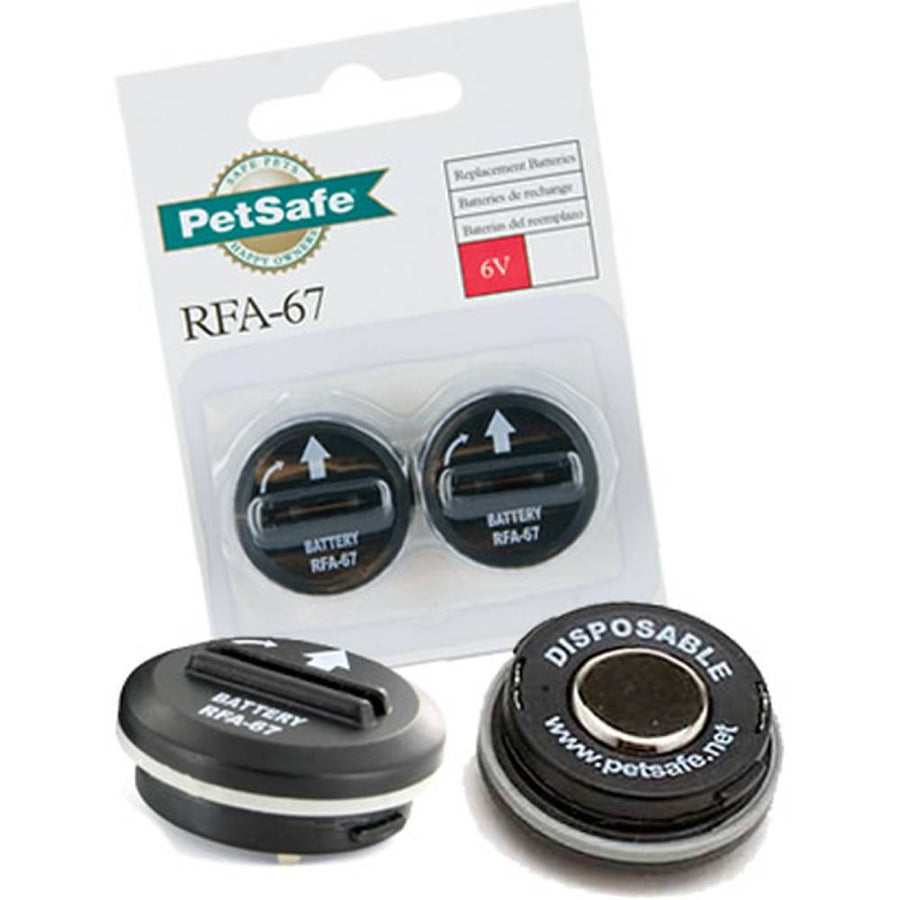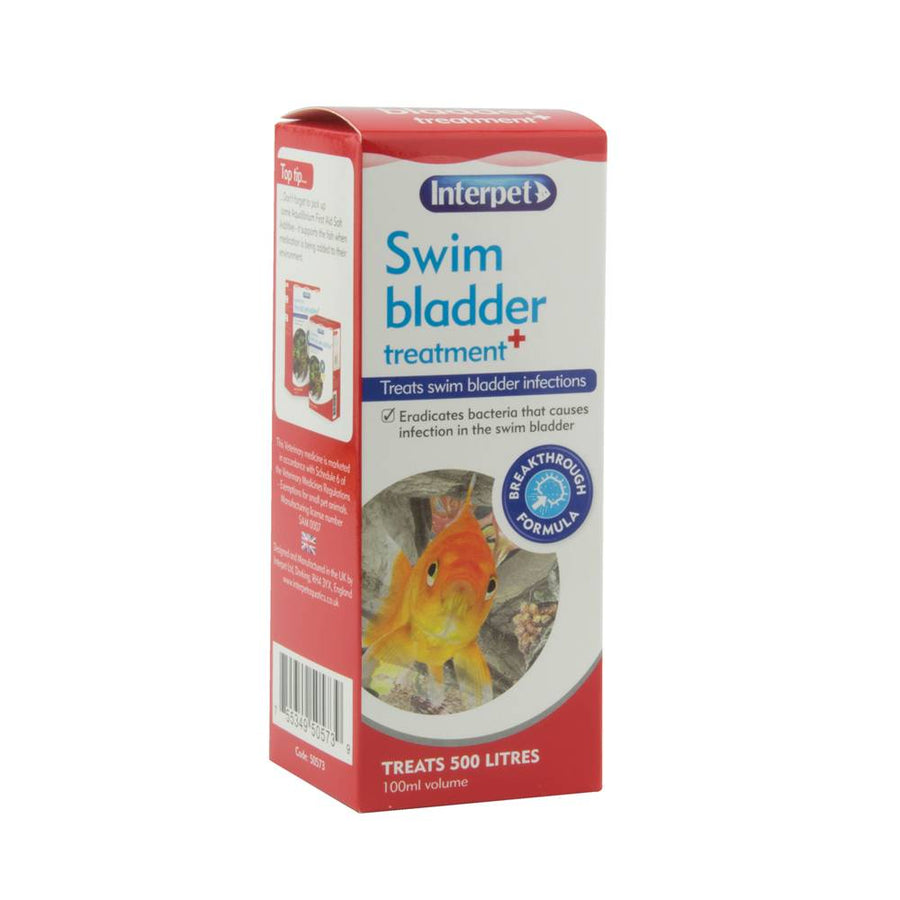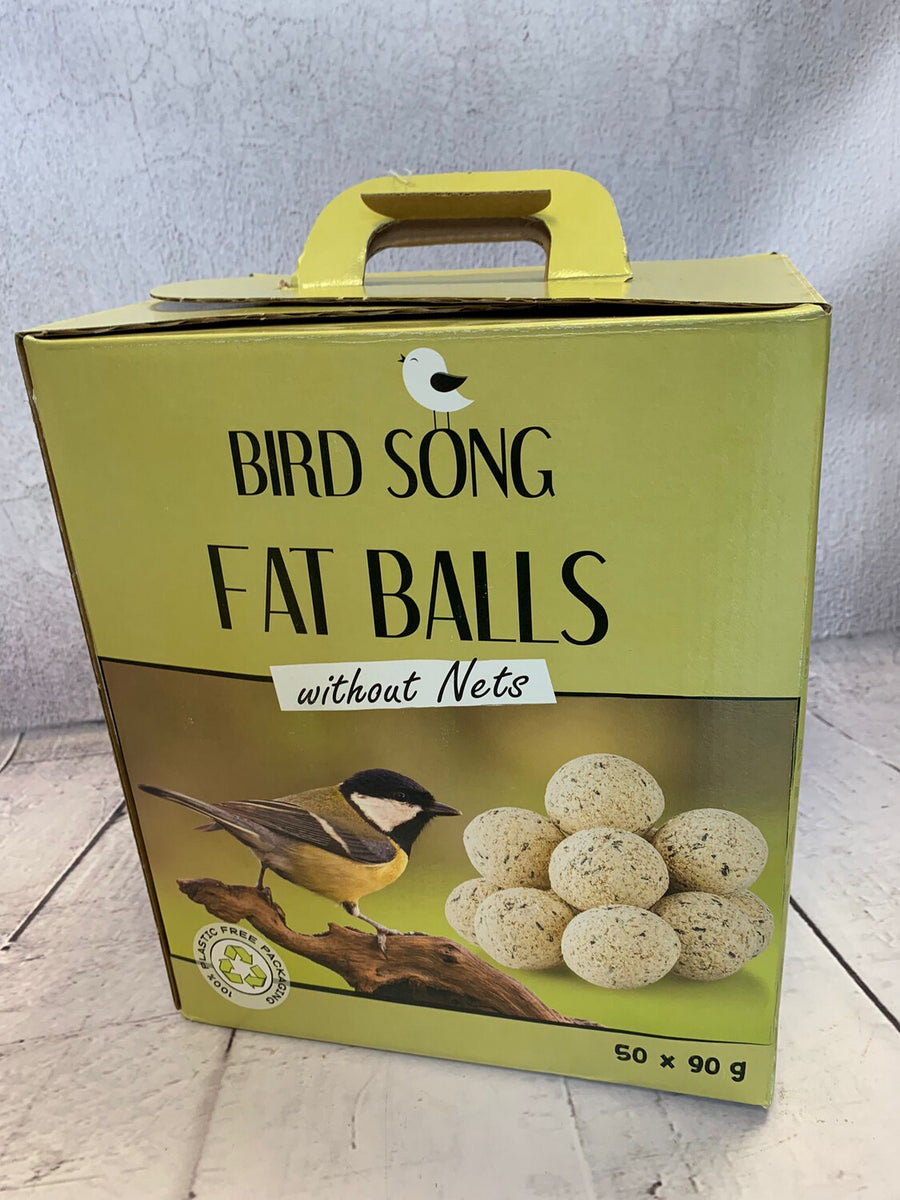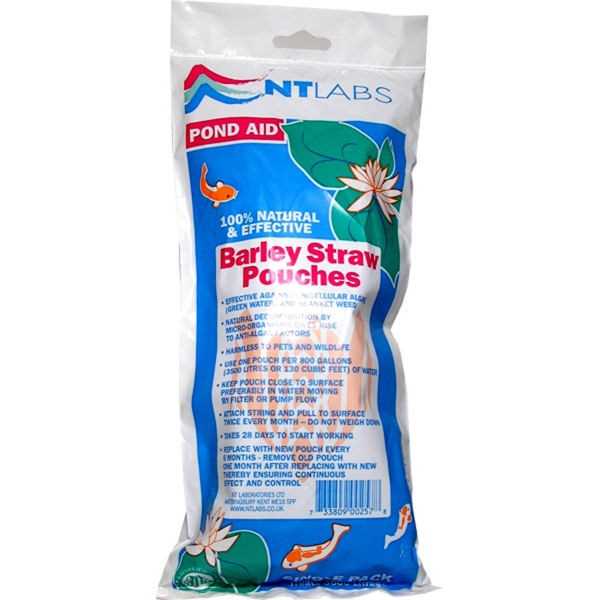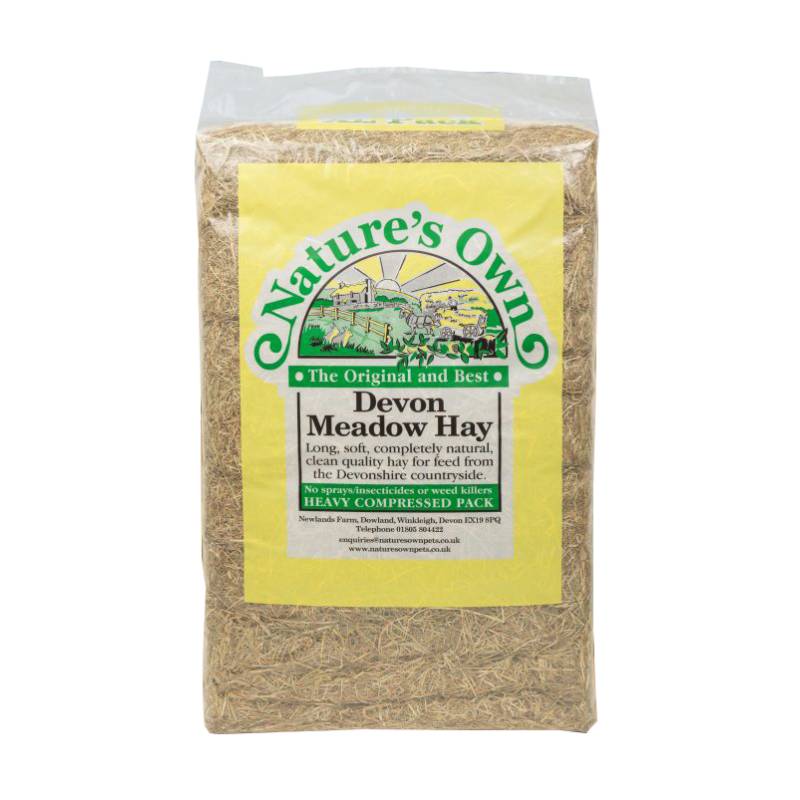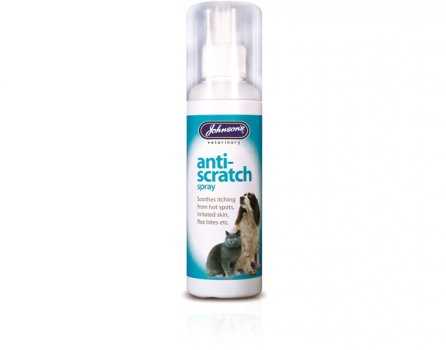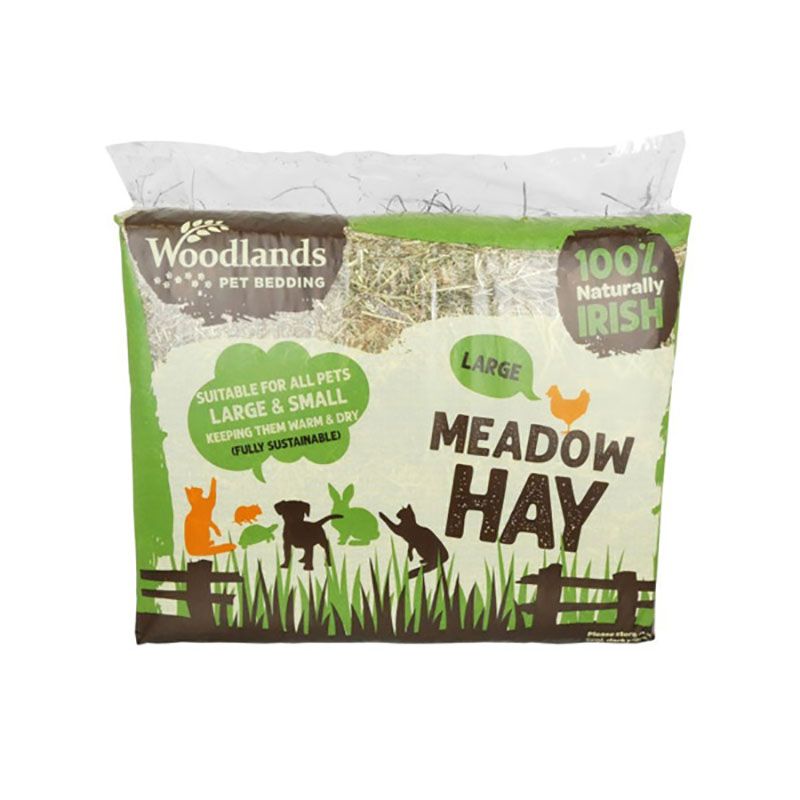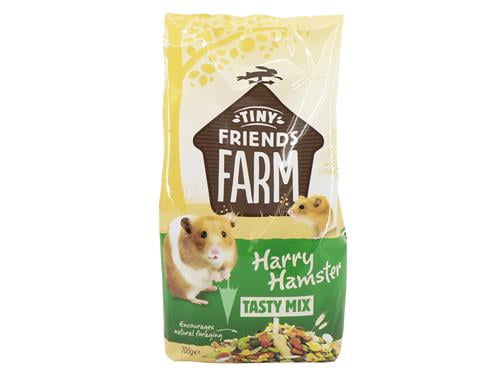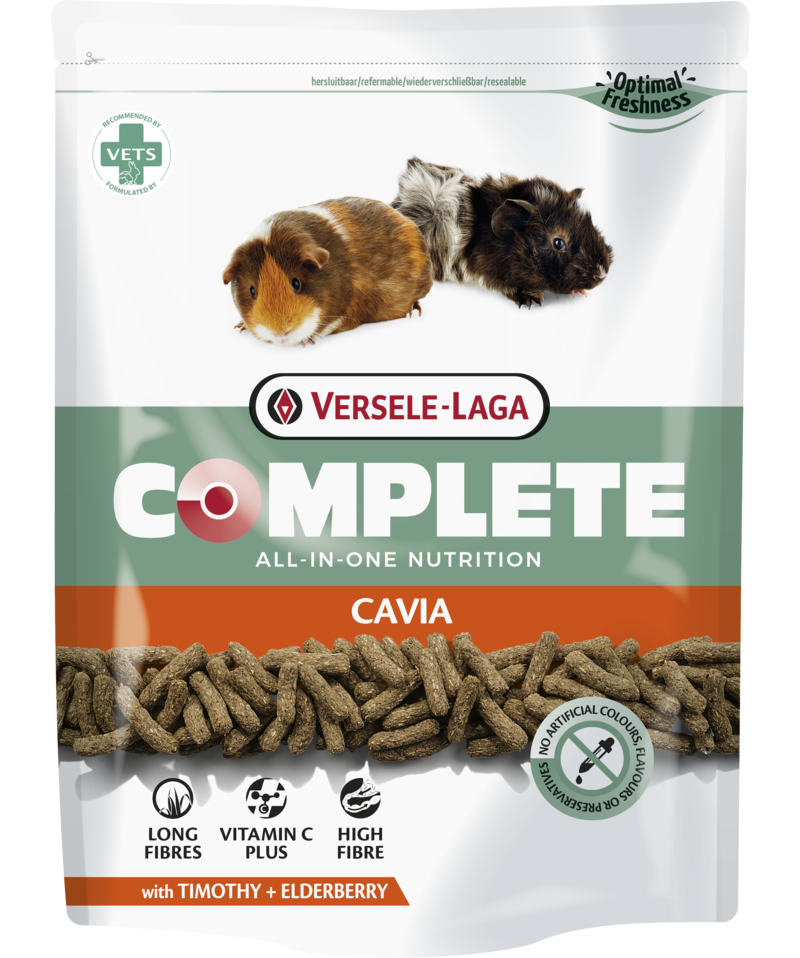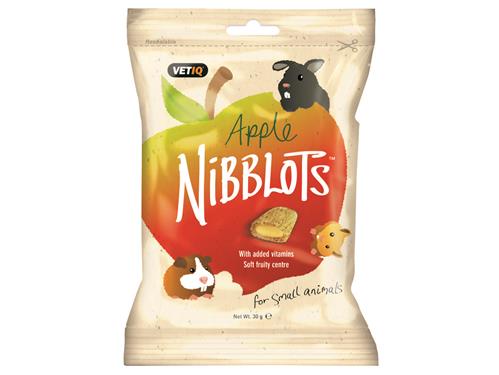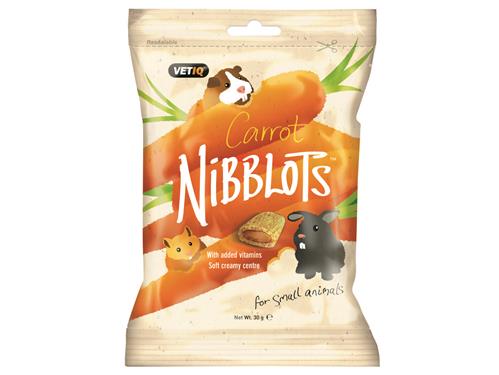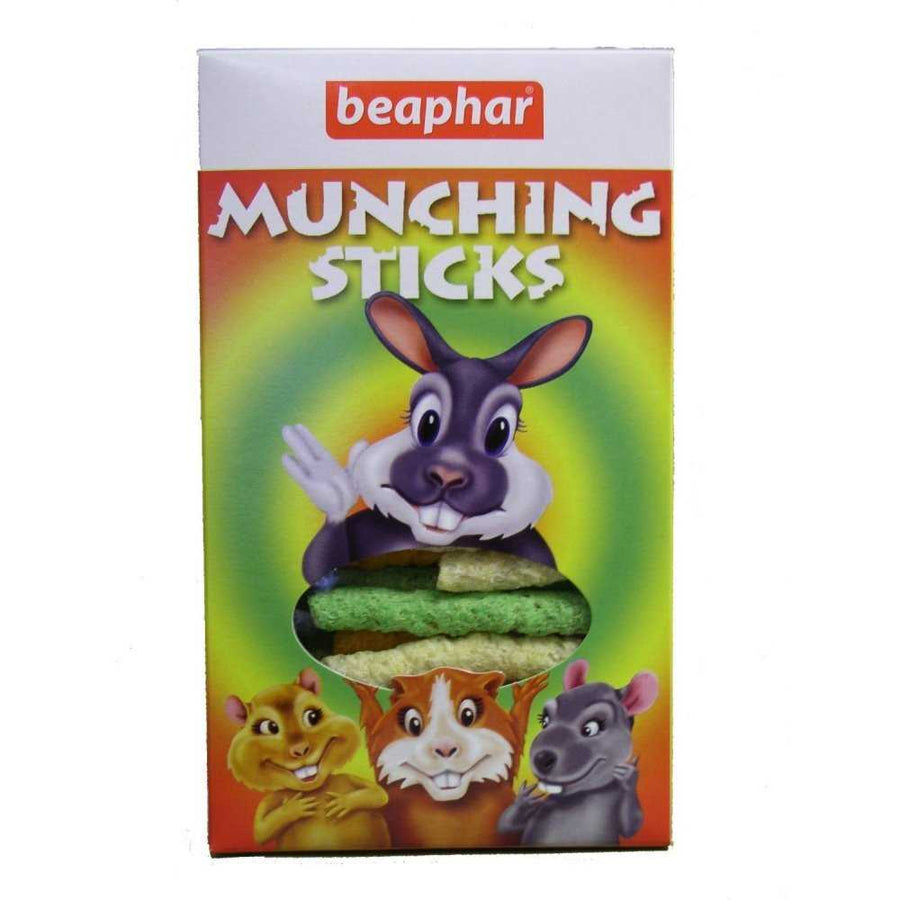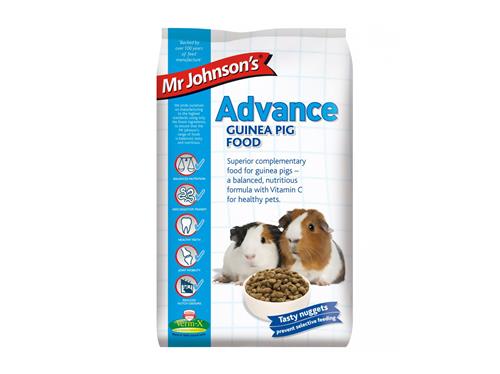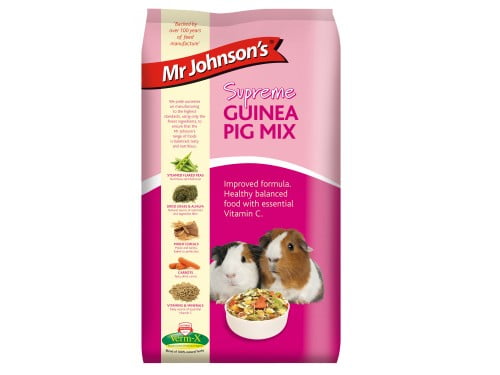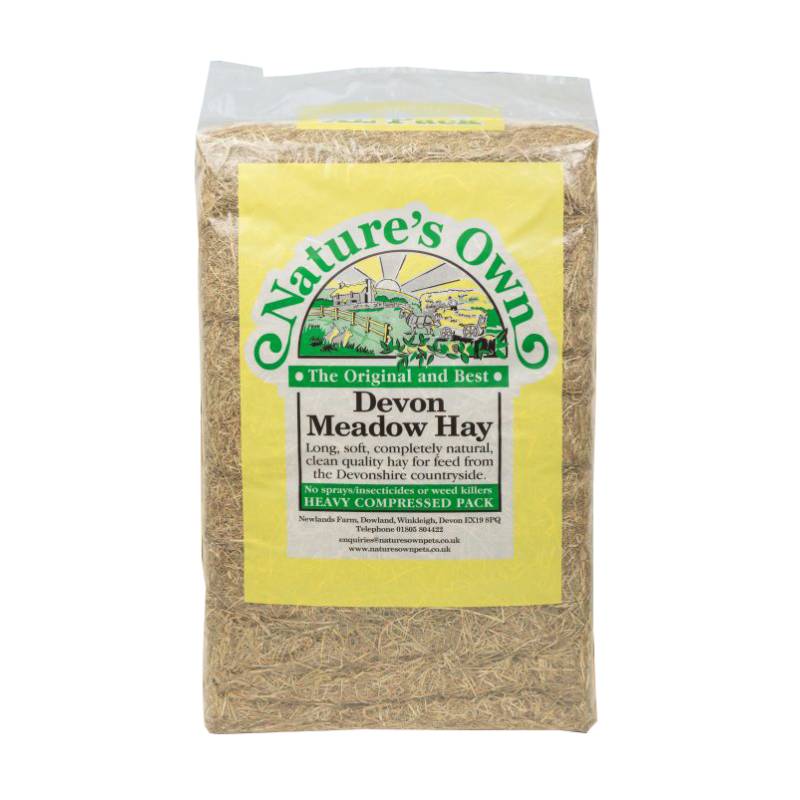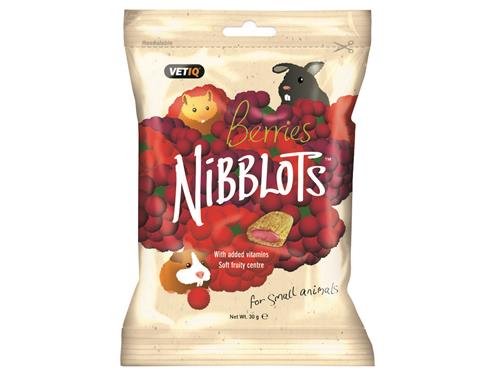Which small pet suits you?

Infographic by Petworld.ie.
Rabbits, Chinchillas, Guinea Pigs, Gerbils, and Hamsters. These small creatures are usually chosen as pets for first-time pet owners due to the fact that they’re low maintenance and have gentle dispositions. They’re also ideal for people who want pets but don’t have much space or a huge garden. Once you’ve decided you want a small pet, it’s time to decide what kind you want.
Hamsters
Hamsters are solitary creatures but they’re also quite affectionate. In general, they do better on their own. They’re ideal for people who are more active at night as they like to sleep during the day but at night they can often spend hours on their wheels.
Gerbils
Gerbils can make great family pets but they do require effort on behalf of the owner. They are highly energetic and require companionship, so it is advisable to buy two at the same because introducing a new gerbil will lead to fighting. Gerbils are generally cleaner than other rodents and they enjoy digging, are active during the day and can live up to four years, maybe longer.
Guinea Pig
Guinea Pigs are very docile and affectionate pet making them great for families as long as the children are always supervised. They crave companionship so a neutered male with a female or two is ideal though littermate brothers who’ve been brought up together can sometimes live together. Always ask before introducing a new guinea pig to your home. Guinea Pigs require commitment, they need to be cleaned out regularly and they require quite a bit of space for their hutches. They live for 5-6 years. Regardless of what you’ve heard or think you know, Rabbits and Guinea Pigs do not live well together. They communicate differently, have different diets and the rabbit can often be hostile towards the Guinea Pig. They also need to be secure from dogs, cats, ferrets etc as they are very low on the food chain.
Chinchillas
Chinchillas are great for older children and adults. They’re friendly and inquisitive but also timid so rough handling can upset them. They can live up to 20 years so they are a long-term commitment. Chinchilla’s are mostly active in the evenings preferring to sleep during the day so they’re ideal for people who are away from home all day. While they can be kept on their own, a pair of same-sex chinchillas raised together from birth can give each other companionship and someone to snuggle up to without any hostilities. Try to buy your Chinchillas on the same day from the same place so that they will already be quite friendly.
Rabbits
Rabbits, while a great family pet, require a lot of attention and commitment. They need to be regularly cleaned, fed, groomed and interacted with. They can live 8-12 years and they need large hutches and space to move around. As they are quite messy, their hutches are often left out in the garden, so that is a definite consideration to be taken into account when thinking about buying a rabbit. Rabbits like to be social and inquisitive and aren’t recommended for young children as they don’t naturally like to snuggle, unlike a Chinchilla. Patience and time are essential in bonding with your rabbit. As with the other small pets mentioned above, rabbits do enjoy companionship and pairs should ideally be bought from together so that they’ll already be acquainted with each other.
Once you’ve chosen the small pet for you, you need to think about what it needs diet wise and what kind of home it requires.
Feeding
Commercial rodent pellets are available for Gerbils and Hamsters at pet stores. Both creatures have similar diets so if you have a hamster, gerbil pellets are fine. For a more palatable diet, supplement the pellets with diced fruit and seeds, but don’t overdo it.
These little guys have a habit of filling up on the yummy stuff and ignoring the pellets, and eating that way will not satisfy their daily nutritional needs.
Guinea Pigs and Rabbits have very different diets and should always have a specific food that’s catered for their nutritional needs. Always be careful when introducing wet food to your Rabbit or Guinea Pig, such as grass, as too much can upset their digestive system. If you have an outdoor run, cover the base until your pet has adjusted to the grass.
Water bottles attached to your pet’s cage or hutch prevent your pet from fouling the water or knocking it over into the bedding. Always make sure to keep fresh water readily available for your pet.
Housing
As the popularity of keeping small pets increases, more and more cages and hutches designed for them are appearing in pet stores all over. But, for Gerbils and Hamsters, I recommend a plastic pet cage. Small rodents are excellent escape artists, they can squeeze through the tiniest openings, including between standard cage bars if they are so inclined.
Line the cage with commercially available bedding or wood shavings and change bedding twice a week. You can avail of small pet litter for their cages which acts much like cat litter in disguising the odour of urine.
For their amusement (and yours), furnish the cage with an exercise wheel. Avoid metal wheels with gerbils, as their long tails tend to get caught in the slats, which could lead to serious injuries. Plastic wheels are safer. (Hamsters do not have long tails so the metal wheels are okay for them if you so choose). Always ensure the wheel chosen is large enough so that your small pet does not bend its back while using it.
Hide-a-way huts should be available, particularly for gerbils, as they need to have a quiet, dark place to sleep and a tub to indulge their digging habit. Tunnels and mazes are great to keep them stimulated as well.
Chinchillas require large cages with several levels so that they can bounce and run around. Wire mesh is essential to allow them to satisfy their need to chew. A nesting box full of hay or bedding is also necessary to give them somewhere to snuggle up and sleep. Always keep away from high heat and provide them with something to keep them cool.
Guinea Pigs need an elevated, dry and warm home safe from predators and filled with stimulation and comfort. Always make sure to place a shelter in their home, somewhere filled with hay where they can rest or spend some time apart. Create an exercise area filled with tubes and tunnels and boxes to allow them to explore and have fun. Do not keep your Guinea Pig in a garage or shed with vehicles, the exhaust fumes will have a detrimental effect on their health. If you keep them outside, make sure their hutch is weatherproof, but they’ll need to be relocated during terrible weather and the colder months. If kept indoors, they’ll need a spacious home, somewhere quiet and away from radiators but still warm, and away from poisonous plants or any other animals.
Rabbit Hutches are easy to buy and come in a variety of sizes and shapes with weatherproof materials and covers. Rabbits can remain outside all year round, or you can keep them indoors or only bring them in during the colder months. There’re a lot of choices available. Ideally, your rabbit hutch should be large enough to provide a ‘house’ area that you can fill with bedding where your rabbit can sleep securely. This area should be raised up from the ground to avoid damp and cold. There should also be a ladder to give your rabbit access to the closed-off run or even the garden. Rabbits like to be active.


